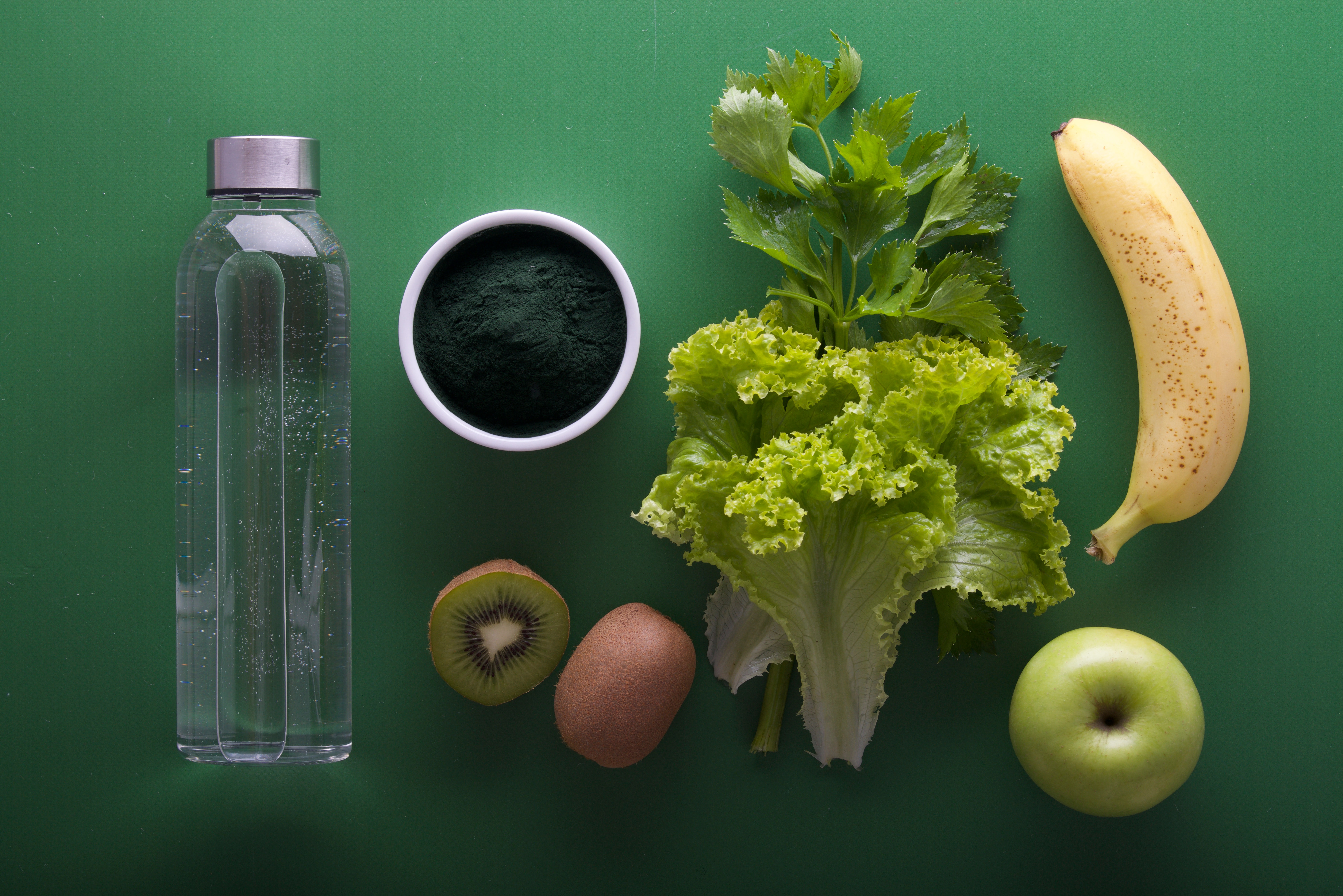VU Dietitian: a Healthy Diet is Vital to Our Immune System, Which Fights Viruses
 In a world shackled by the global pandemic, discussions about food and the impact of nutrition on health and immunity have become especially relevant. Dr Edita Gavelienė, an associate professor at the Faculty of Medicine of Vilnius University (VU) and a dietitian at the Centre of Hepatology, Gastroenterology and Dietetics of VU Hospital Santaros Clinics, says she often hears the question of what to eat to become resistant to viruses. A nutrition expert assures that what matters is not the specific food, but the food itself, its variety and, of course, its quantity.
In a world shackled by the global pandemic, discussions about food and the impact of nutrition on health and immunity have become especially relevant. Dr Edita Gavelienė, an associate professor at the Faculty of Medicine of Vilnius University (VU) and a dietitian at the Centre of Hepatology, Gastroenterology and Dietetics of VU Hospital Santaros Clinics, says she often hears the question of what to eat to become resistant to viruses. A nutrition expert assures that what matters is not the specific food, but the food itself, its variety and, of course, its quantity.
According to Dr E. Gavelienė, the threatening epidemiological situation in Lithuania and around the world absolutely does not allow us to ignore discussions about food. On the contrary, it encourages such dialogue, because there is always hope that food can help us stay healthy during this difficult period.
“When we read articles in the media and analyse the current research, the following three main trends emerge: a variety of food is important; food must be a source of nutrients, not an emotional crutch; and food supplements should be taken ONLY when necessary,” the dietitian noted.
According to the World Health Organization, our health depends largely on lifestyle and nutrition. Speaking about the importance of food diversity, Dr Gavelienė emphasised that there is no single food product in the world that would provide the human body with all necessary nutrients and the right amount of them. Therefore, when we choose foods, it is worth following the principles set out in the Food Choice Pyramid.
“Research has confirmed that a frequent ‘companion’ of quarantine is boredom. The diet of a person overcome by boredom shows increased levels of fat, carbohydrates, protein, and overall calories. Another ‘companion’ is stress. People look for convenience food and snack more often, choose food that is rich in carbohydrates. Carbohydrates stimulate serotonin production, which in essence is amazing because it promotes positivity and reduces anxiety – basically, carbohydrate-rich foods are like an anti-stress reliever. Furthermore, the higher the glycaemic index, the stronger the anti-stress effect is,” the nutritionist said.
According to her, frequent consumption of convenience food is, however, the first step towards consuming too many calories, which of course results in the development of adipose tissue and eventually obesity. “Obesity is a chronic inflammatory condition that impairs the functioning of the lungs, heart and endocrine system and, as the events of recent months have shown, is associated with serious complications of COVID-19,” she said.
She also mentions another problem that is partly related to stress: sleep disorders that also promote snacking. “Still, the problem is not the food, but the amount of it. There can be too much of even the healthiest foods.” However, Gavelienė is convinced that it is possible to try to choose foods that promote the production of serotonin and melatonin (the latter is important for good sleep): “Such foods should be consumed during the first half of the day. They are perfect for lunch. There will then be enough time for the body to use the food to synthesise the necessary hormones.”
Dr Gavelienė advises including leafy vegetables, root vegetables, oats, almonds, bananas and cherries in your daily menu and not only during the quarantine. She also recommends foods with the protein-rich amino acid tryptophan – a precursor to serotonin and melatonin. “Dairy products are leaders in this perspective. Priority should be given to sour milk products: they will take care of both emotions and the intestines, by the way – the two are actually closely related,” the dietitian said.
It is important to get not only macronutrients (proteins, fats and carbohydrates) but also micronutrients (vitamins and minerals) with food. Micronutrients inhibit oxidative stress, which is a companion of all inflammatory processes. Important micronutrients include vitamins E and C, beta-carotene, vitamin D, the B vitamins, selenium, zinc, iron, and omega 3 fatty acids. “In order to get all this with food, we should remember the Food Choice Pyramid again. If we plan our meals according to it, we will not need to take any additional supplements,” the associate professor said.
Dr E. Gavelienė wishes everyone to protect their health during the quarantine and to maintain optimistic: “Maybe now is the best time to start eating properly, because a healthy diet is vital to our immune system, which fights viruses.”